Hold election in 2026 to avert post poll distraction – Ogunbanwo tells INEC
 Member representing Ijebu Central Federal Constituency in the House of Representatives, Femi Ogunbanwo, has thrown his weight behind a proposal before the National Assembly to move Nigeria’s next general elections to late 2026, six months earlier than the traditional February 2027 schedule.
Member representing Ijebu Central Federal Constituency in the House of Representatives, Femi Ogunbanwo, has thrown his weight behind a proposal before the National Assembly to move Nigeria’s next general elections to late 2026, six months earlier than the traditional February 2027 schedule.
The proposal, contained in the Electoral Act (Amendment) Bill 2025, was unveiled on Monday during a joint public hearing organised by the Senate and House Committees on Electoral Matters in Abuja.
The bill, which seeks to repeal the 2022 Electoral Act and enact a new one, has drawn wide input from lawmakers, civil society groups, and electoral stakeholders.
Ogunbanwo argued that the move would allow ample time for election litigation to be concluded before the swearing-in of newly elected officials in 2027.
He spoke on Thursday while featuring as a guest on Frontline, a current affairs programme on Eagle 102.5 FM, Ilese-Ijebu, monitored by our correspondent in Abeokuta.
According to him, the adjustment will strengthen political stability and improve public trust in Nigeria’s democratic process.
Ogunbanwo recalled his own experience awaiting a court judgment while in office, describing it as “a psychological burden that creates uncertainty and affects performance.”
The lawmaker said, “One of the proposals is that we should move the election forward to maybe late 2026 as against early 2027, so that there could be enough time to resolve election litigation matters and allow the judicial process to conclude before swearing-in.
“We have not brought it to the House yet; it’s still being considered at the committee level. After gathering all the submissions, the committee will come up with its recommendations. So, as we speak, it remains a proposal.
“It will allow whoever wins the election to concentrate from day one. After swearing-in, you see people spending three to six months in court, unsure of their fate. I remember my own experience — on the day judgment was to be delivered in my case, I was in plenary, and colleagues asked why I wasn’t at home.
“They said, ‘If the judgment isn’t in your favour, from here you’ll just go home and your office will be sealed.’ That uncertainty affects performance.”
DAILY POST reports Ogunbanwo’s position aligns with growing calls for electoral reform following the prolonged court battles that trailed the 2019 and 2023 general elections.
In both cases, several governors and lawmakers were inaugurated while still facing petitions, creating months of uncertainty and governance disruptions.
While some support the proposed reform, critics warn that it could compress governance periods and deepen Nigeria’s campaign fatigue, and others advocate judicial reforms such as directing presidential election petitions straight to the Supreme Court, as practiced in Kenya.

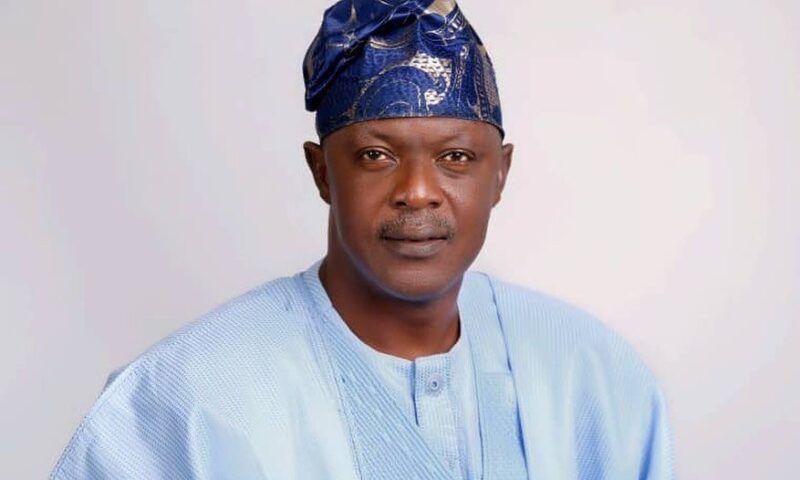

 Abia State Police Command has said that it is aware of the broadcast by Arise TV on the alleged killing of young men and adult males by members of local community security watch groups in Umuogele (Aba South LGA), Iheorji (Aba South LGA), and Nkpaevula (Ugwunagbo LGA) with the backing of their respective traditional rulers (Ezes).
Abia State Police Command has said that it is aware of the broadcast by Arise TV on the alleged killing of young men and adult males by members of local community security watch groups in Umuogele (Aba South LGA), Iheorji (Aba South LGA), and Nkpaevula (Ugwunagbo LGA) with the backing of their respective traditional rulers (Ezes).


 A prosecution witness and former Executive Director of Credits at the Asset Management Corporation of Nigeria, Muhammed Jega, on Wednesday told the Lagos State Special Offences Court, Ikeja, that the facility granted to Arik Air by Union Bank Plc for aircraft purchase had become non-performing before he left AMCON in 2015.
A prosecution witness and former Executive Director of Credits at the Asset Management Corporation of Nigeria, Muhammed Jega, on Wednesday told the Lagos State Special Offences Court, Ikeja, that the facility granted to Arik Air by Union Bank Plc for aircraft purchase had become non-performing before he left AMCON in 2015.

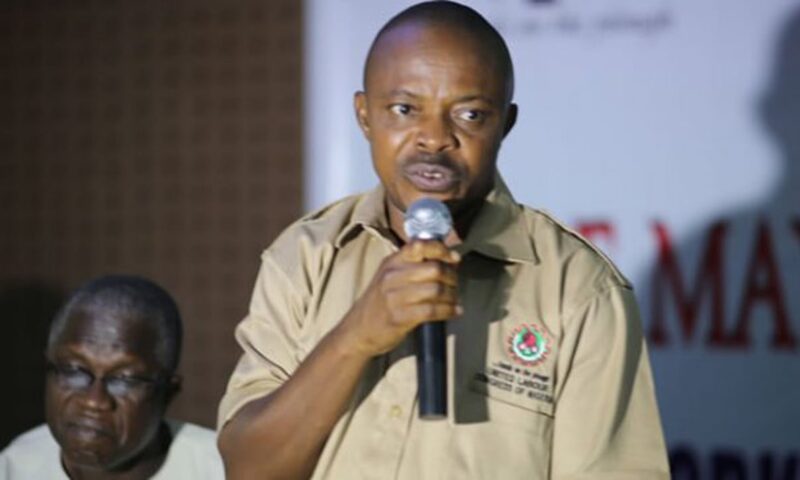
 The National President of the Nigeria Labour Congress, Comrade Joe Ajaero, has faulted the alleged non-implementation of the new minimum wage for certain categories of staff at Abia State University, Uturu.
The National President of the Nigeria Labour Congress, Comrade Joe Ajaero, has faulted the alleged non-implementation of the new minimum wage for certain categories of staff at Abia State University, Uturu.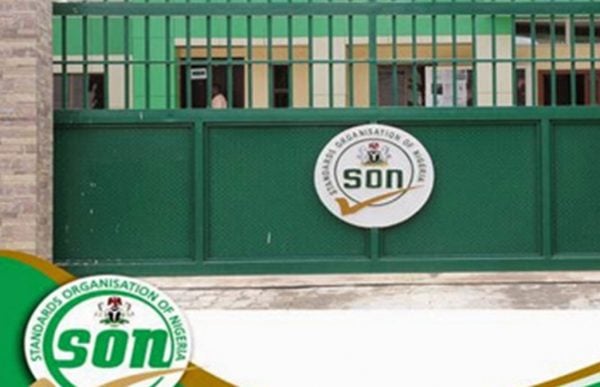

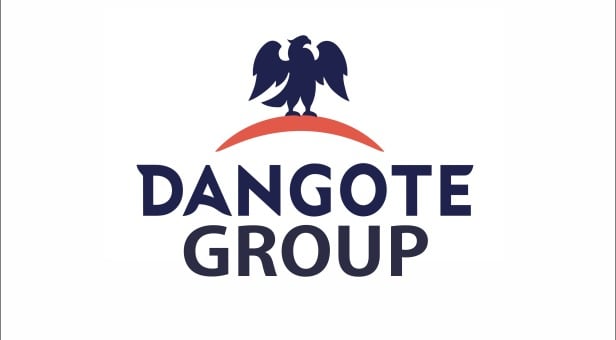
 Independent petroleum marketers have confirmed that the Dangote Petroleum Refinery has set a target to release up to 600 million litres of petrol monthly as part of efforts to stabilise supply in the domestic market and ease the recent surge in pump prices.
Independent petroleum marketers have confirmed that the Dangote Petroleum Refinery has set a target to release up to 600 million litres of petrol monthly as part of efforts to stabilise supply in the domestic market and ease the recent surge in pump prices.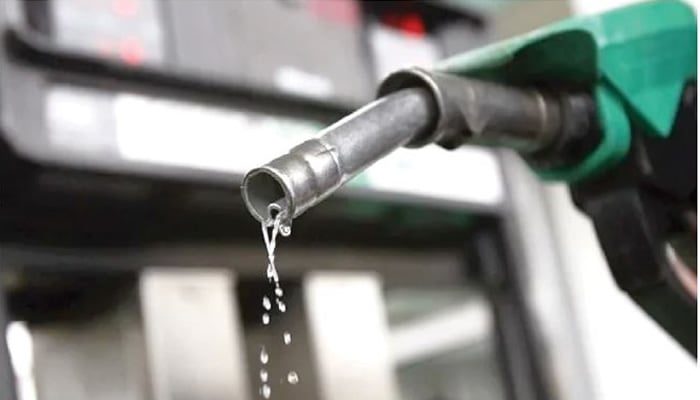
 The Federal Government has taken steps to stop the use of substandard kits in the conversion of petrol/diesel-powered vehicles to compressed natural gas.
The Federal Government has taken steps to stop the use of substandard kits in the conversion of petrol/diesel-powered vehicles to compressed natural gas.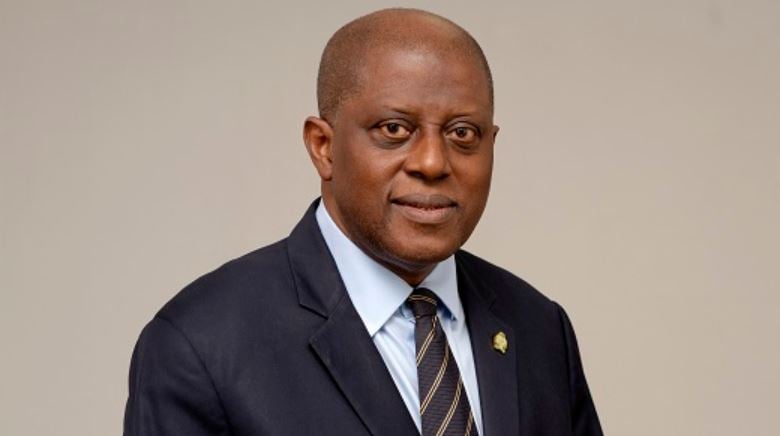
 The Governor of the Central Bank of Nigeria, Olayemi Cardoso, has said that Nigeria is developing a new framework to enable the use of national currencies in bilateral trade settlements.
The Governor of the Central Bank of Nigeria, Olayemi Cardoso, has said that Nigeria is developing a new framework to enable the use of national currencies in bilateral trade settlements.